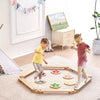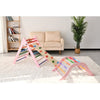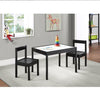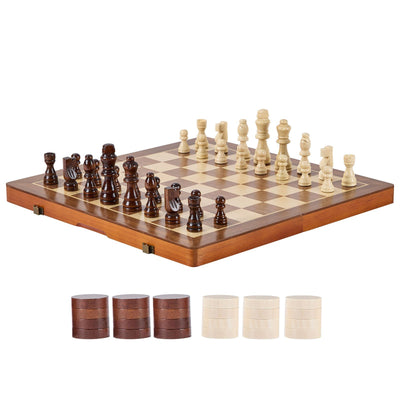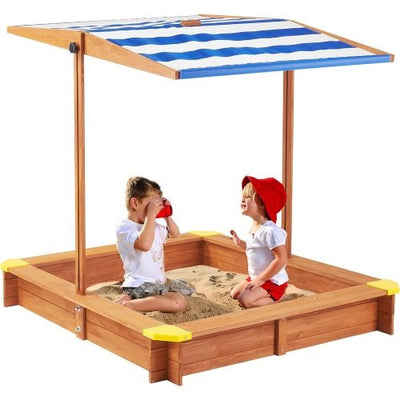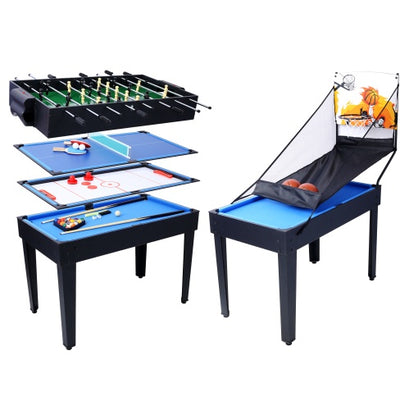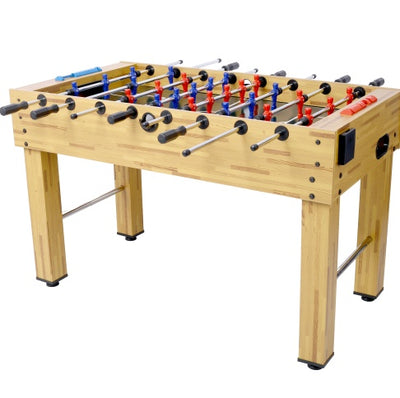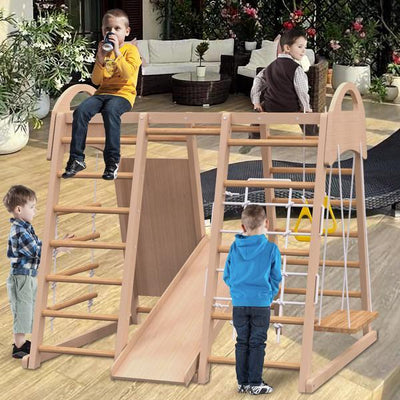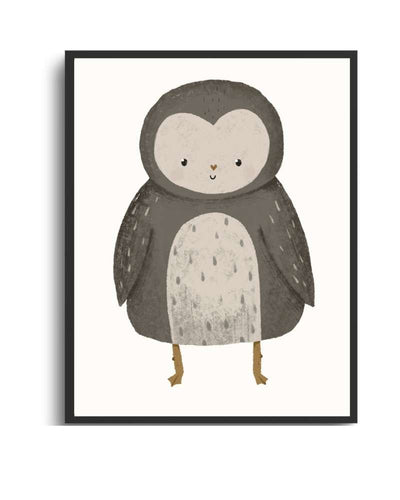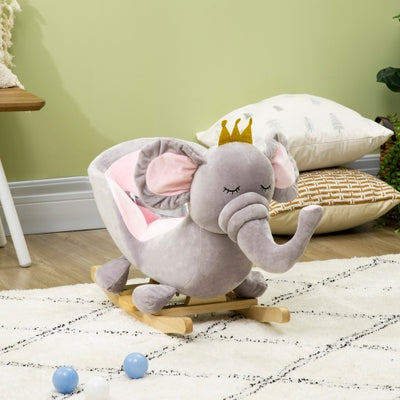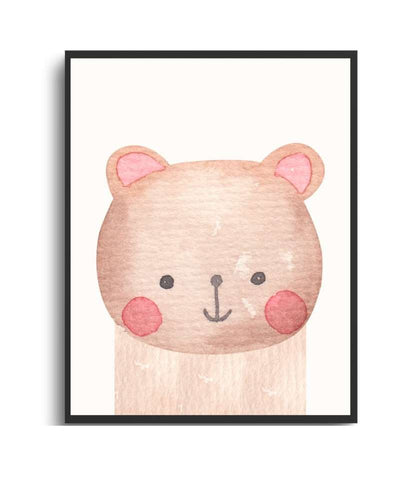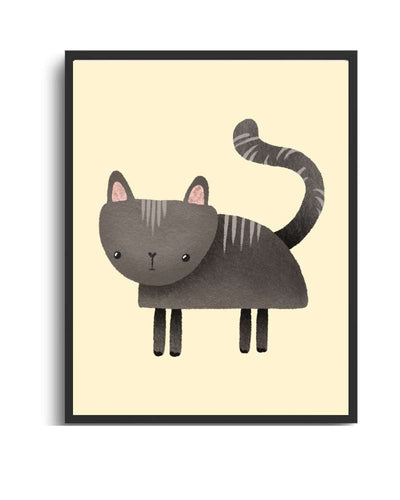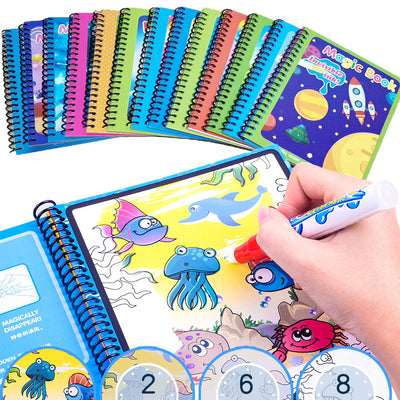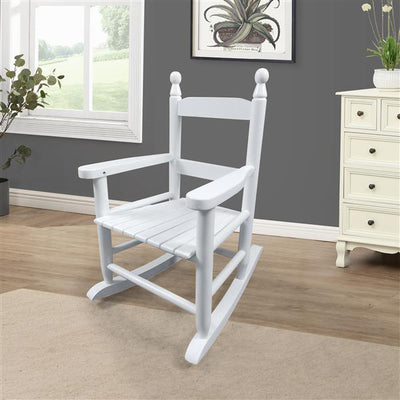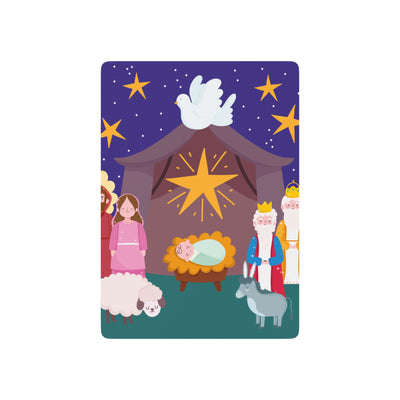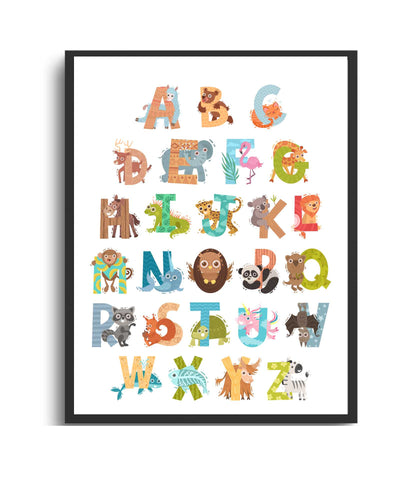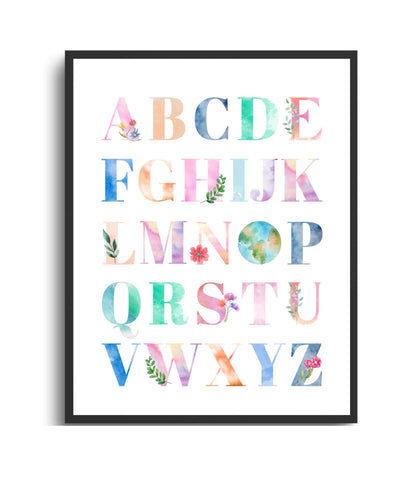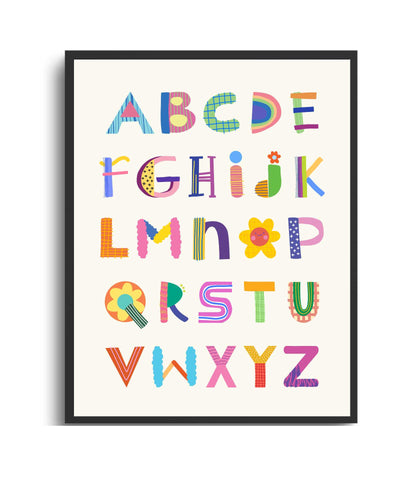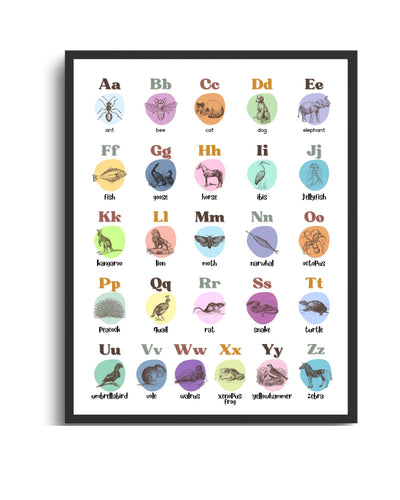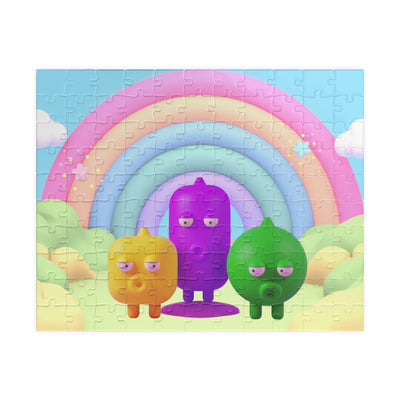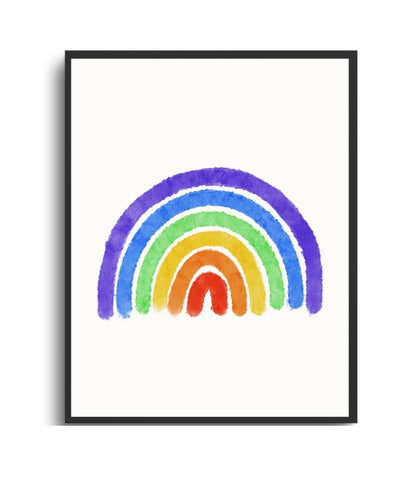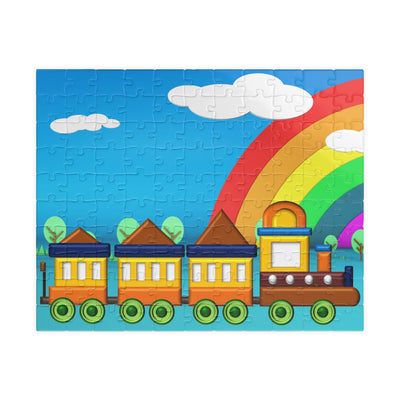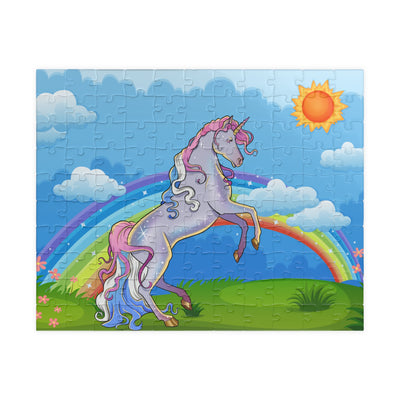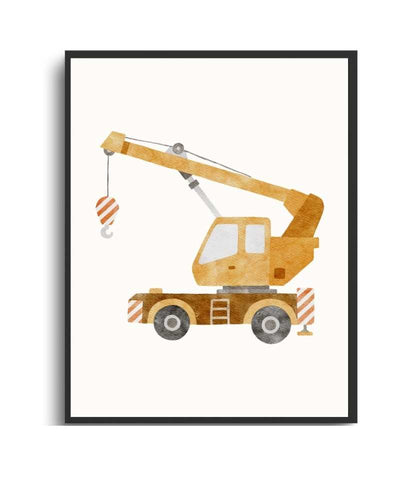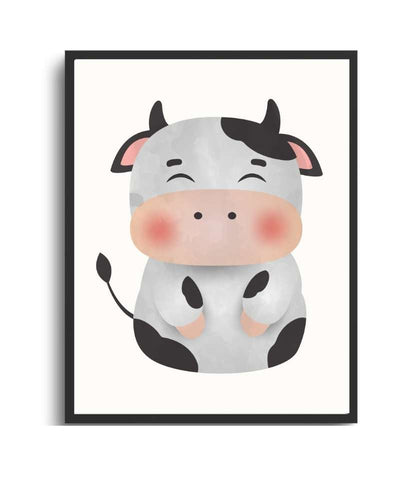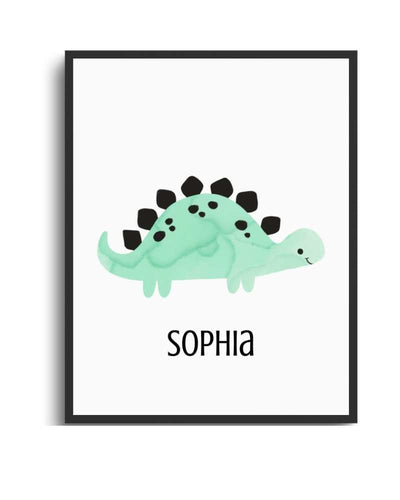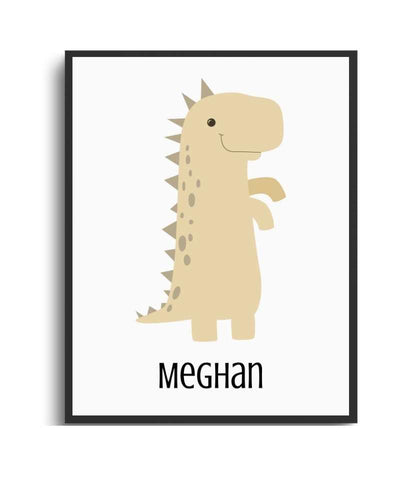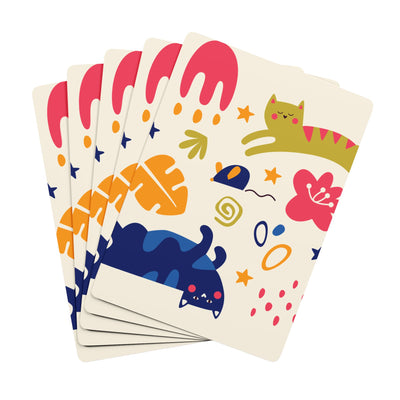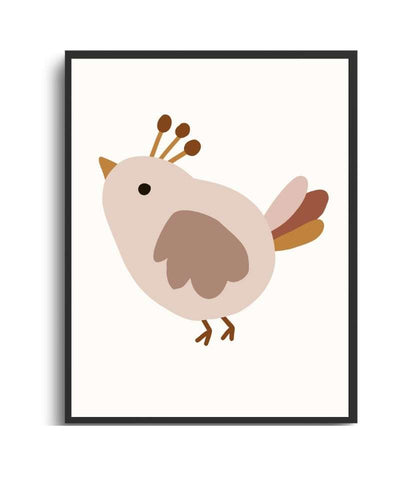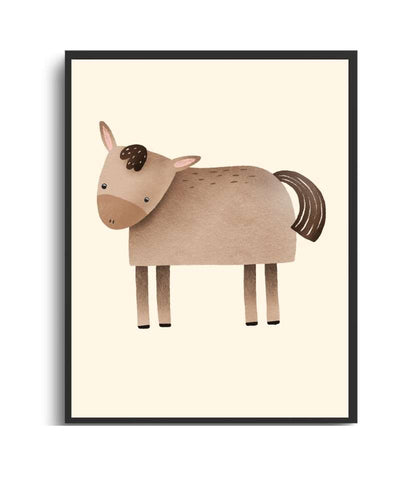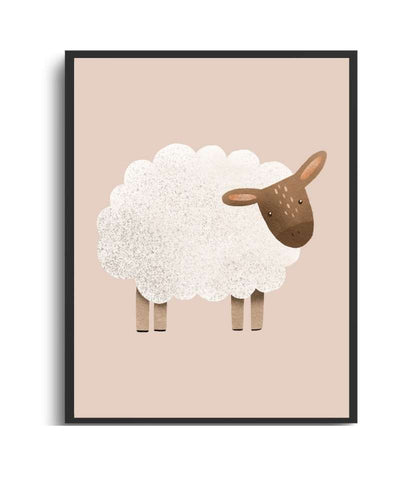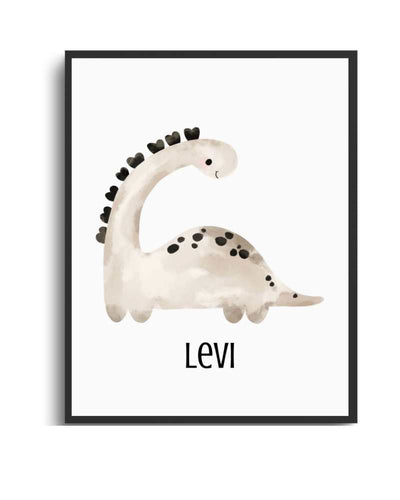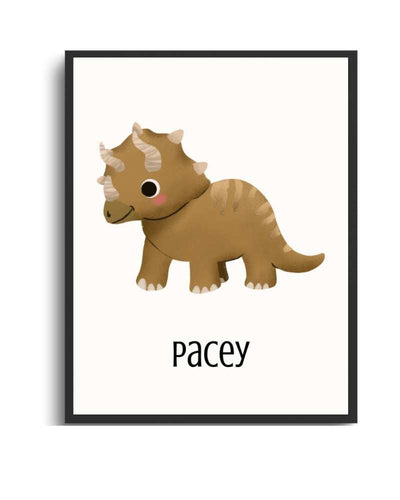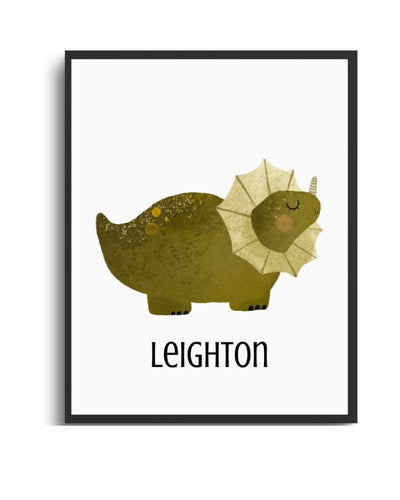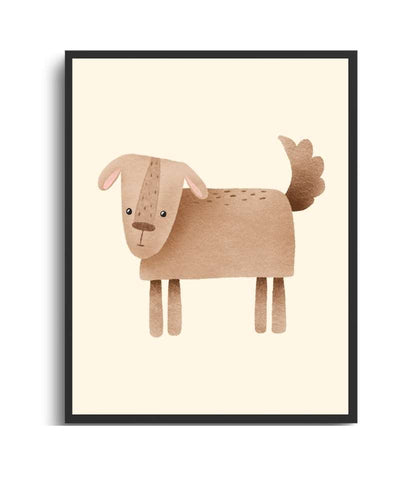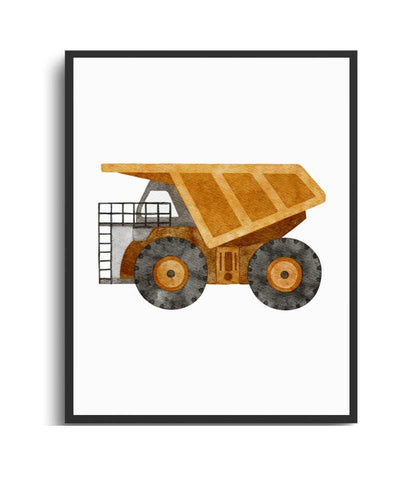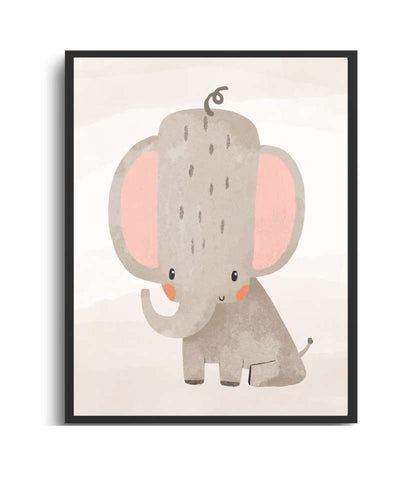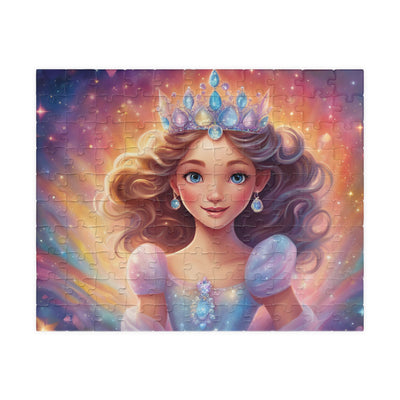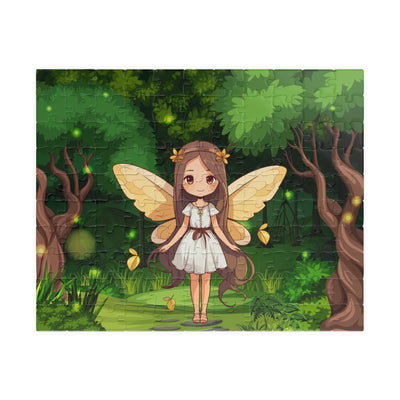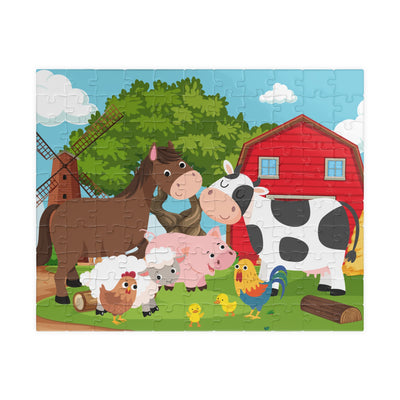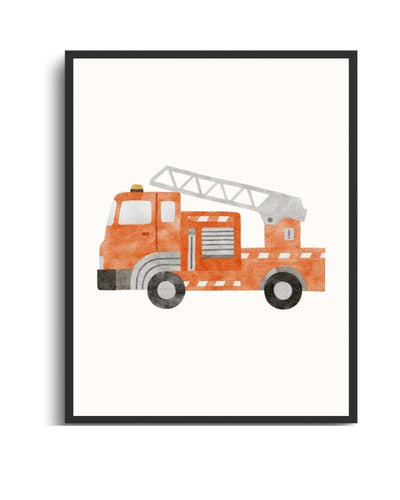In today's world of flashy gadgets and electronic toys, the timeless appeal of wooden toys continues to stand out, especially when it comes to their educational benefits for children. There is no doubt about the educational value of wooden toys, designed to stimulate young minds and promote skill development through play.
Here’s a curated list of five types of educational wooden toys every parent should consider for their child’s developmental journey:
Skills Developed: Spatial awareness, fine motor skills, creativity.
Wooden building blocks are a staple in any child's toy collection. Whether it’s stacking, sorting, or creating imaginary worlds, these simple yet versatile toys encourage children to explore spatial relationships and enhance their fine motor skills. As they build and balance blocks, they also exercise their creativity, turning a set of blocks into anything their imagination desires.
Skills Developed: Problem-solving, hand-eye coordination, cognitive skills.
Wooden puzzles come in various shapes, sizes, and difficulty levels, making them suitable for toddlers and older children. By manipulating pieces to fit into corresponding slots, children improve their problem-solving abilities and hand-eye coordination. Additionally, puzzles stimulate cognitive skills as children learn to recognize shapes, colors, and patterns.
Skills Developed: Shape recognition, hand dexterity, patience.
Shape sorters are excellent educational toys for toddlers learning about shapes and colors. Made from smooth, durable wood, these toys typically consist of a box or flat surface with various cut-out shapes that children must match and fit correctly. Through repetitive play, children refine their motor skills and develop patience and persistence as they work to complete the puzzle.
Skills Developed: Rhythm, sensory exploration, auditory discrimination.
Introducing children to wooden musical instruments like tambourines, xylophones, or maracas not only encourages a love for music but also enhances their sensory exploration and auditory discrimination. As children tap, shake, or pluck these instruments, they learn about rhythm and sound production, fostering a deeper appreciation for music and its components.
Skills Developed: Role-playing, social skills, imagination.
Wooden play kitchen sets provide a rich environment for imaginative play and role-playing scenarios. Equipped with miniature stoves, sinks, and utensils, these toys encourage children to mimic adult behaviors and engage in social interactions. Through pretend cooking and serving meals, children develop social skills, learn basic concepts of food preparation, and explore their creativity in a safe and fun way.
There are several benefits of wooden toys for children’s development. Wooden toys are crafted to last and often use non-toxic materials, ensuring a safe play environment for children of all ages. Moreover, the natural textures and sensory experiences offered by wooden toys stimulate a child’s senses in ways that other types of toys cannot replicate.
When it comes to choosing toys for your child, consider the lasting impact of wooden toys beyond mere entertainment. Each play session with a wooden toy contributes to your child’s cognitive, physical, and social development, laying a solid foundation for lifelong learning. Explore a wide selection of educational wooden toys at WoodWorkToys.com and invest in toys that inspire creativity, promote skill-building, and provide endless hours of meaningful play for children aged 0-12 years.
















